
In our recent blog post “Simple Fertilizing of Roses – Part 1” we talked about using time release fertilizers to slowly feed your roses during the season. My experience with roses tells me they love these kinds of fertilizers over most anything else – and certainly as a foundation for most programs.
This brings us to part 2 of a simple fertilizing program and something that may surprise you.
Part 2 doesn’t involve feeding the roses at all.
It involves feeding the soil you plant them in!
Basically here is why. Unless the soil your roses are planted in is alive, the plant can’t take up any kind of time release fertilizer you put down. Or if it can take some up it will be just that – some. Most everything your roses need to be healthy is in your soil and it’s our job to make sure it is available to them. The keyword being available.
If we never disturbed our soil Mother Nature would take care of this for us. But as we prepare garden beds, plant new plants, clean out old debris; we interfere with that process. Not because we are bad gardeners but because we like to plant things! The latter part, old debris, is the key to this.
Think of a forest floor that is undisturbed. Everyone agrees it is a rich soil environment because over the years, leaves and limbs fall and they decompose into the soil every season. It is that decomposing debris that makes living soil.
So how do we duplicate that in our garden?
With compost – which is really just debris. If you can make your own compost, that’s great. If you can’t then any kind of organic compost including horse manure, mushroom compost etc will do. The main thing is it is not sterilized but instead it’s full of life and comosted organic matter.
The way I handle it is simple. I spread it on my beds to about 2” deep and then cover it with hardwood mulch. After that I get out of Mother Nature’s way and let her do her thing. Each season I never rake out old mulch/compost and just add more as needed. All I’m trying to do is duplicate what Mother Nature does in the forest in my rose garden.
After all, who am I to think I know more than Mother Nature!
Happy Roseing.
Fine Gardening Recommended Products
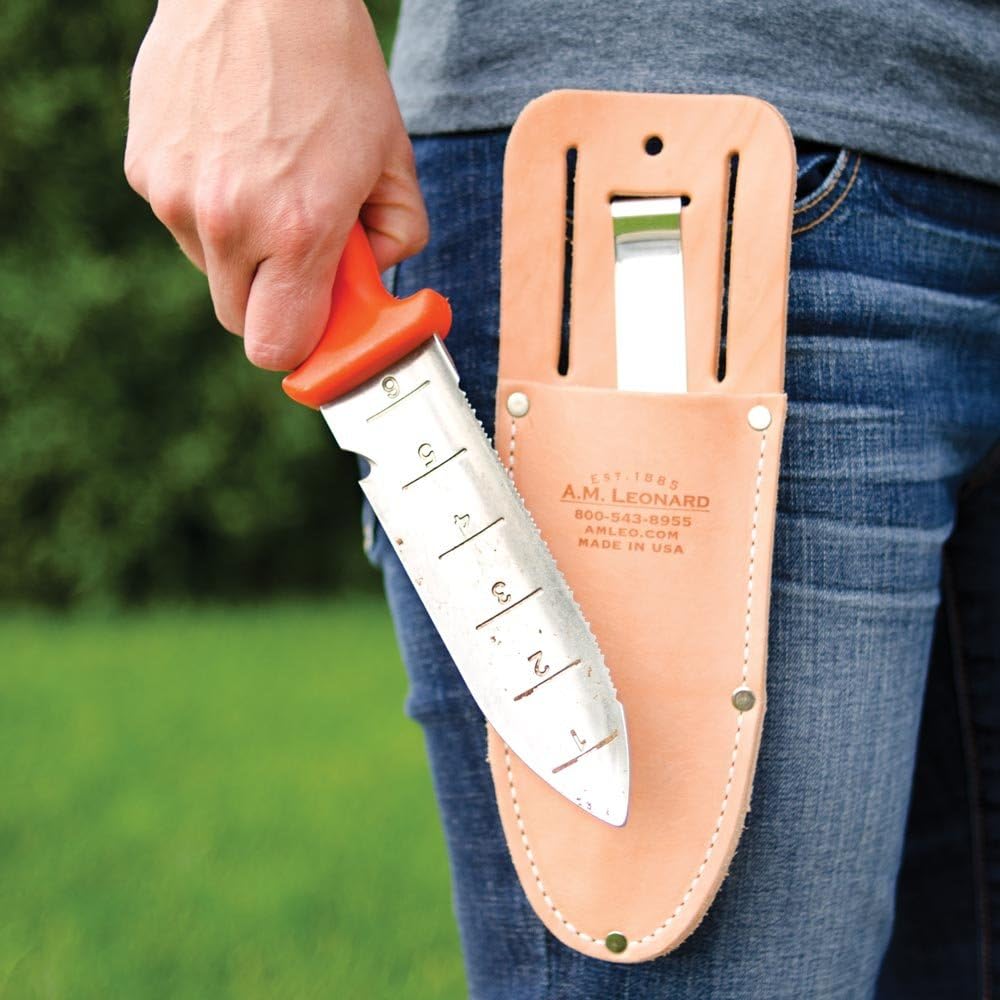
A.M. Leonard Deluxe Soil Knife & Leather Sheath Combo
Fine Gardening receives a commission for items purchased through links on this site, including Amazon Associates and other affiliate advertising programs.


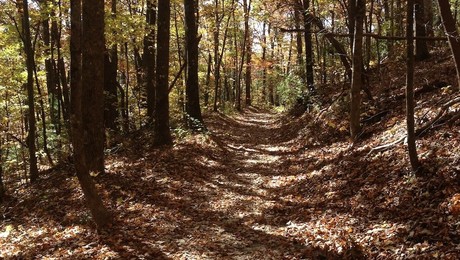


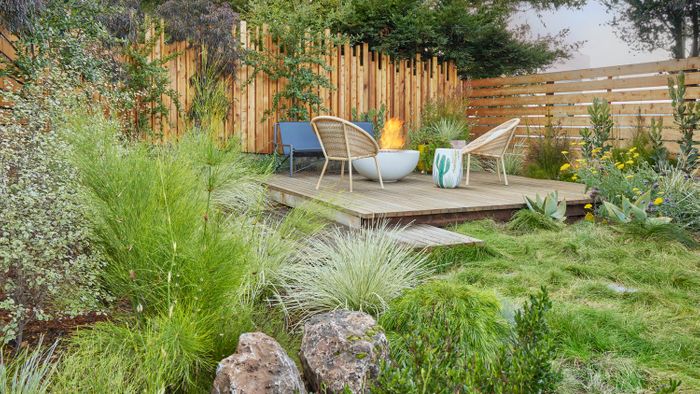
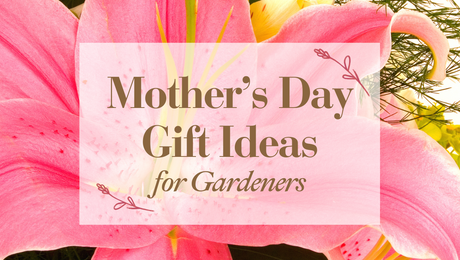
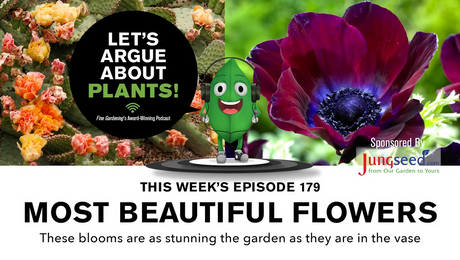










Comments
Hi
I like the idea of letting compost and mulch stay, but I am also advised to remove all old leaves and debris to prevent pathogens, such as the Black SDpot and insects, from wintering under the bushes and causing problems in the spring.
Maria
There is some evidence starting to emerge that the pathogens die along with the leaves. But, that being said it's never a bad idea to get them out
Good advice! After adding compost, I add a top layer of river rock as my hard mulch, which seems to be doing the trick.
Log in or create an account to post a comment.
Sign up Log in